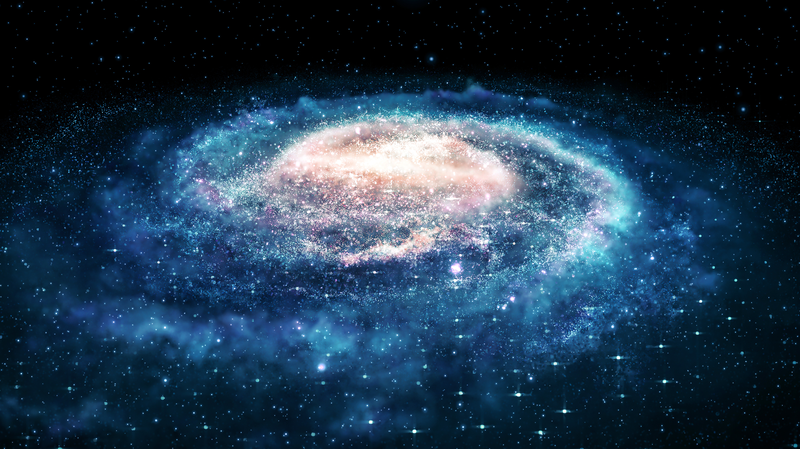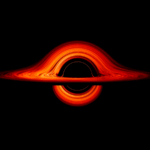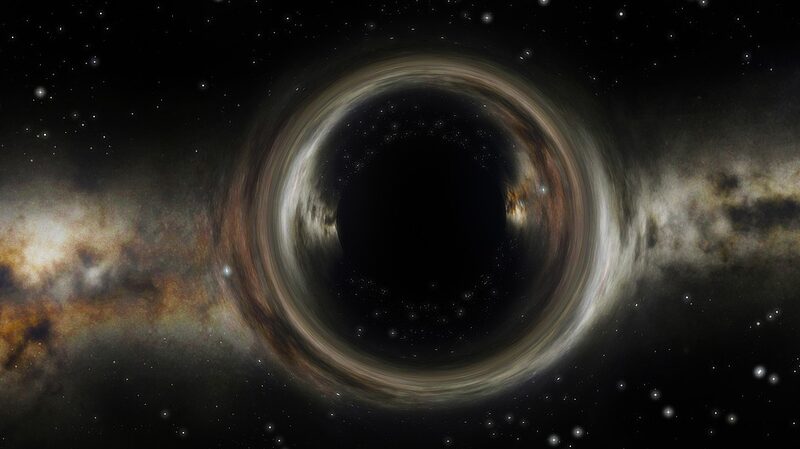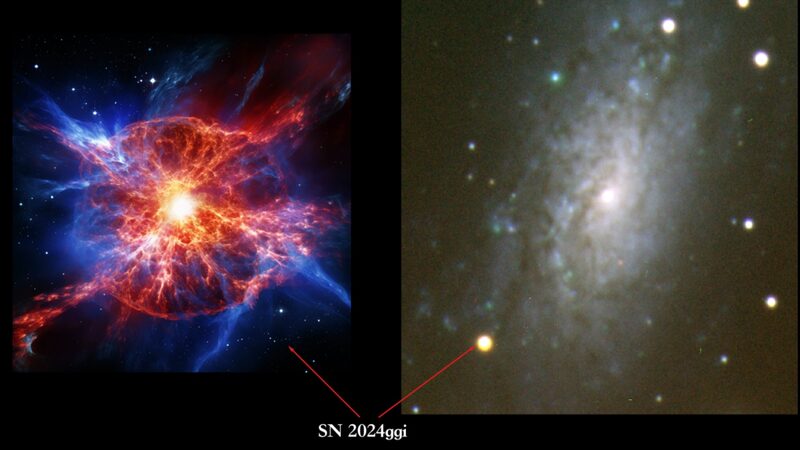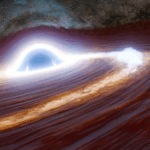Hold onto your telescopes, space fans! A groundbreaking study suggests the universe’s final curtain call might happen way sooner than we thought—though "soon" here means 1 followed by 78 zeros in years. 😱
Researchers at Radboud University recalculated the decay timeline of celestial objects via Hawking radiation—the process where black holes slowly evaporate into particles. Their findings, published in the Journal of Cosmology and Astroparticle Physics, reveal that white dwarf stars (the universe’s last survivors) could vanish in 1078 years, not 101,100 as previously estimated. That’s like shortening a Marvel movie marathon from 1,100 films to just 78! 🎬
Lead author Heino Falcke quipped: "The end comes sooner, but don’t cancel your weekend plans—it’s still an unimaginably long time." The team even calculated how long it’d take for the moon (or a human!) to evaporate via this process: 1090 years. But let’s be real—climate change or TikTok trends might get us first. 🌕👩🚀
Why care? This research reshapes how we understand cosmic timelines and the fate of matter. For science buffs, it’s like discovering the universe has a hidden "fast-forward" button—even if it’s still slower than your Wi-Fi. 📡✨
Reference(s):
Study shows universe's decay may be faster than previously estimated
cgtn.com
